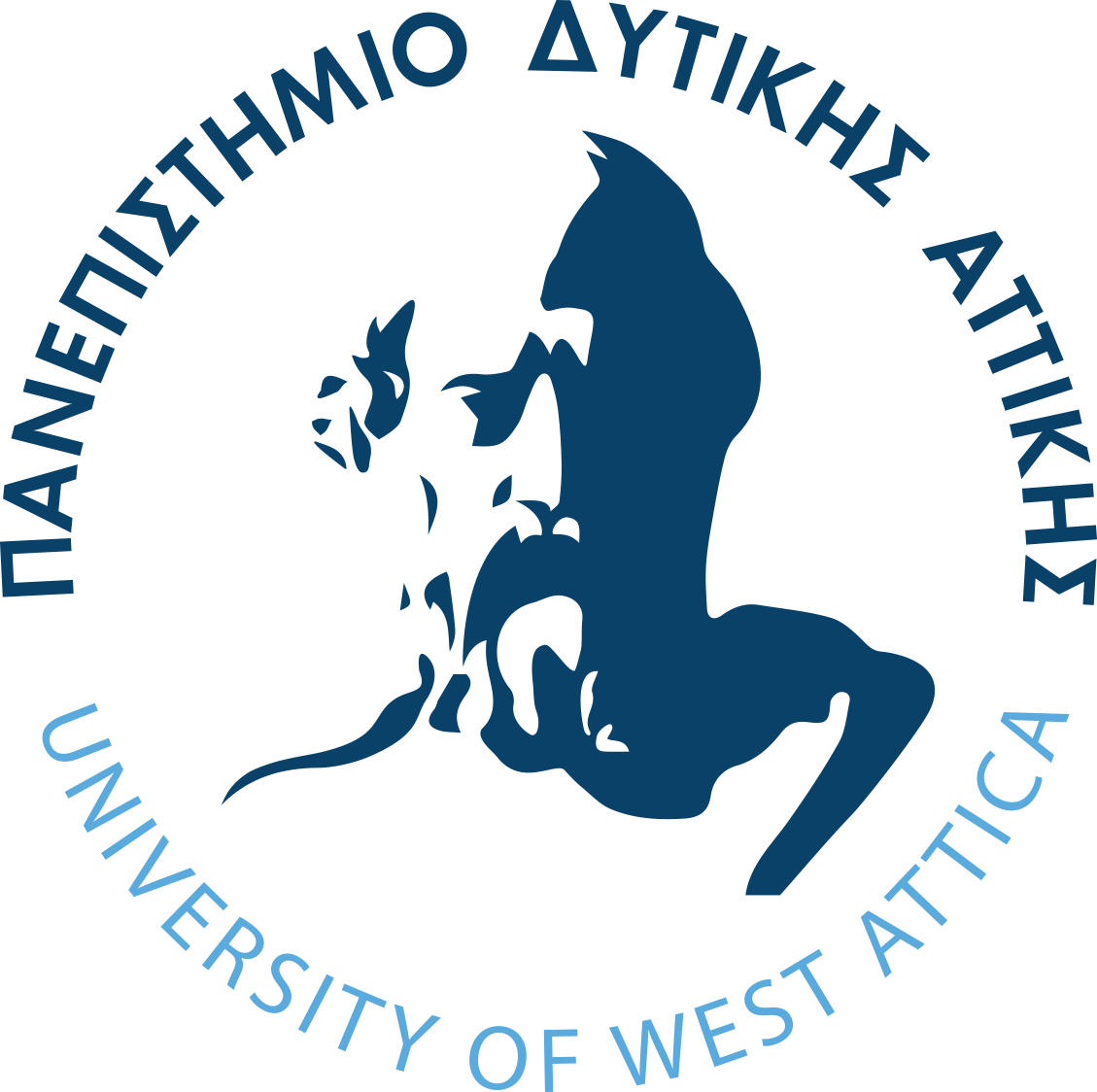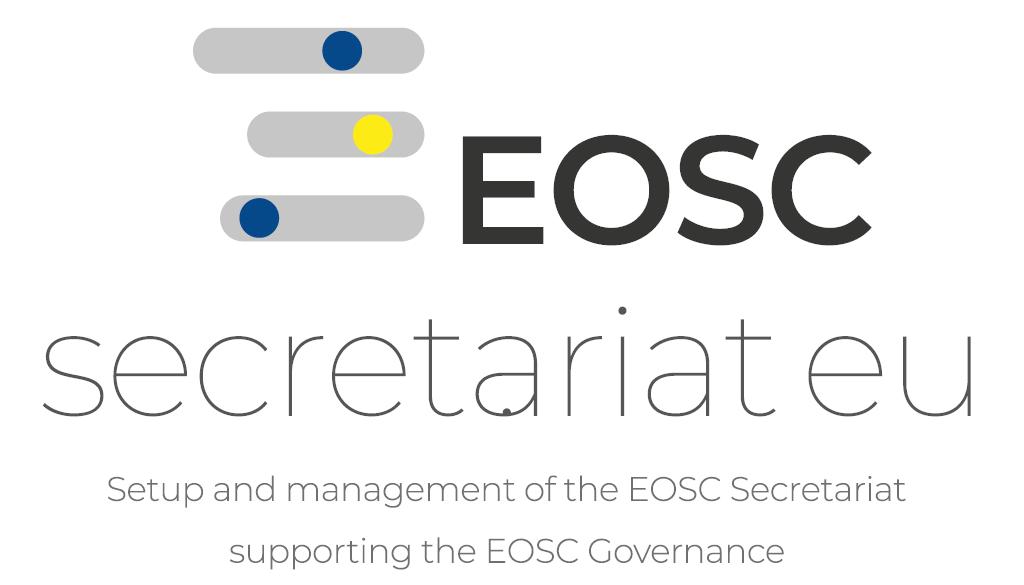PARTNERS
Three partners will benefit from the co-creation activities, IASO clinic, the University of West Attica, ITML an SME with experience in education, software and EU projects. In addition, a Professor of foreign languages from the National and Kapodistrian University of Athens will act as an external expert evaluator.
The proposal
Going through the 21st century, the forefront of education interests is the extent to which games can contribute to the cultivation of critical thinking and creativity, as well as in the development of technological skills. A wide range of research, therefore, has focused on finding the effect of digital educational games on a variety of teaching fields. Another trend of the modern (serious) games that has been developed in the last decade worldwide is the "Escape room". These are puzzle and adventure games in which players are asked to solve puzzles in a virtual location in order to unlock the door and escape. Moreover, a lot of games developed are driven by extraordinary events and challenges worldwide.
COVID-19 is a major global public health outbreak. Its outbreak worldwide presented the fastest spread, the widest extent of infections and the greatest degree of difficulty in controlling infections in different settings, where people used to go nonchalant. Among them, markets, schools, playgrounds are the most visited places resulting thus potentially in increased infection rates. AEPSCOV is a proposed cloud-based game application for Android and iOS to educate children in COVID 19 protection. At first, we will review and consider legal and ethical issues and EU Directives on toys & games safety (eg DECISION No 1351/2008/EC, Directive 2009/48/EC, Directive 2010/13/EU) as well as education standards on stress, satisfaction, freedom and learning through apps. The game consists of 5 different locations related to Home, School, Park, mall (food markets), hospital where children might ‘meet’ COVID 19. It will be available for children 5-14 years old. For children 5 to 8 years old, all 5 locations will be available with easier questions (LEVEL 1), for children 8 to 12 yrs the game will comprise more difficult questions (LEVEL 2) and the hardest questions are going to be for 12- 14 years old (LEVEL 3).
The proposers will prepare a COVID-19 introductory page to enable the kids achieve a level of knowledge and then they access to the escape room to fulfill tasks and solve puzzles.
The game will start easier and when moving to the next stage it will get harder and harder. The player must search the place for clues which will lead to the next level that is more difficult in order to make him/her think a bit more and make the game more interesting. The main goal is to escape from the newly recognized virus ‘COVID-19’, who entered in our lives abruptly. In every location there will be cards with multiple choice questions which will be harder as she/he continues with the game. Success will be accordingly rated giving access to next step. At the end a certificate of success will be ready to download.
AEPSCOV combines the recent technology trends and addresses COVID 19 education and protection through a low- cost digital application. This application will offer a great COVID 19 and seasonal viral diseases education tool.
Piloting AEPSCOV in the biggest private modern pediatric clinic in Greece (www.iaso.gr) to get the feedback of children for improvements (evaluation step) will be highly beneficial for outpatient children and the partners. It will be offered free of charge to our children evaluators-patients. After improvements, the game will be launched by the team. We will offer an open access application to all possible stakeholders, such as kinder garden, schools, hospital and for home. As AEPSCOV will be translated in French and English it will be also available for thousands of children within EU. In addition, translation to Urdu will help refugee and migrant children in Greek campuses to benefit for the apps. Openness design through ministries, NGOs and EU agencies will make the app available to more than 1 mi of children within Greece, moreover to EU and global. AEPSCOV thus, will become a popular application for children and with the potential to apply in several other infectious diseases.
EOSC, besides financial support, might be a great partner in co-creation, promotion and helping us to create bridges with other research teams. EOSC may introduce us to the EOSC stakeholder forum and working groups and give us the opportunity to join events, activities, working groups.











